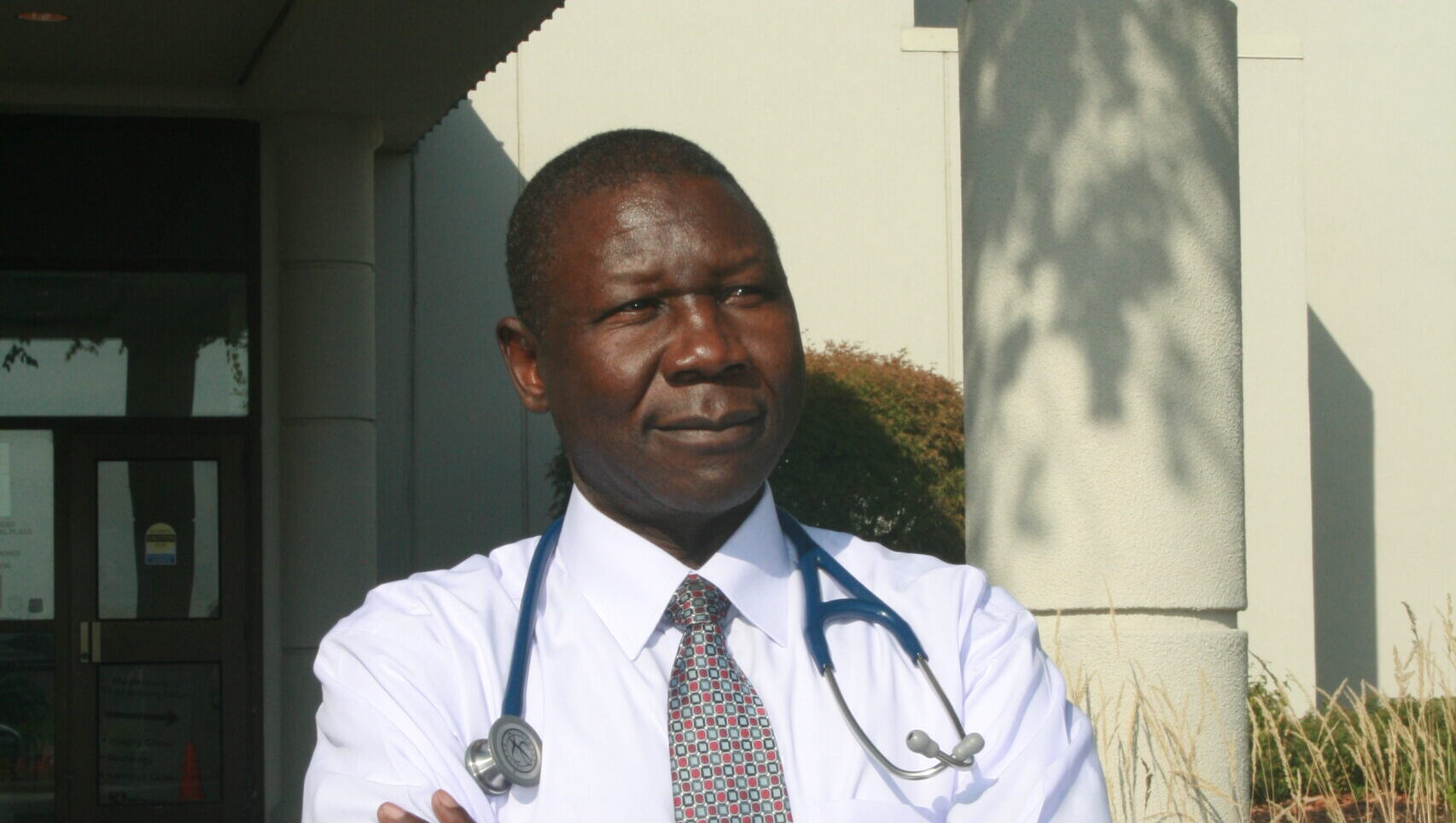For nearly two decades, Joseph Dumba, MD, has helped countless patients heal and thrive. While his time as a doctor brought him success and fulfillment, he felt called to learn more and make a different type of impact on the medical world.
“I noticed a change in the bustling world of clinics, hospitals, and non-profit ventures that seemed to need my attention and added skills,” Dumba said. “Skills I still needed to develop.”
Dr. Dumba found himself completing several administrative tasks throughout his day as a clinician. Regulation compliance, strategic planning and managing budgets were tasks that he had little experience in but were increasingly needed of him. He had learned the intricacies of diagnosis and treatment in medical school. Yet, being taught skills of leadership and administration called him.
“The healthcare management landscape is transforming, shaped by technology, regulations, and the changing needs of patients,” Dumba said. “I realized something is missing in my toolkit that will allow me to heal bodies and lead and manage organizations with adeptness and skill.”
The UNMC Master of Healthcare Administration provides a way for Dr. Dumba to learn and practice those leadership skills. The program, available at the College of Public Health, prepares healthcare professionals to lead, and work within healthcare systems through applied and experiential learning methods. Dumba feels that this program will provide him the missing pieces in his healthcare education, and allow him to adapt to the growing environment he finds himself in.
“The MHA program bridges the gap between my medical roots and the demands of modern healthcare leadership,” Dumba said. “In the changing healthcare landscape, the role of clinical administrator has become indispensable. With the MHA program as my guide, I can embrace this role—a role that harmonizes medical expertise with the finesse of leadership and administration.” The MHA program is helping many graduates just like Dr. Dumba realize their potential and make an impact as a healthcare administrator. Although he is incredibly grateful for his education and his time as a clinician, he looks forward to pursuing more through the MHA program by healing bodies and the systems that nurture them.
